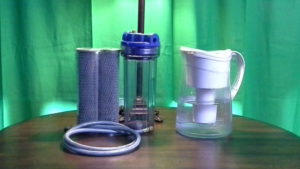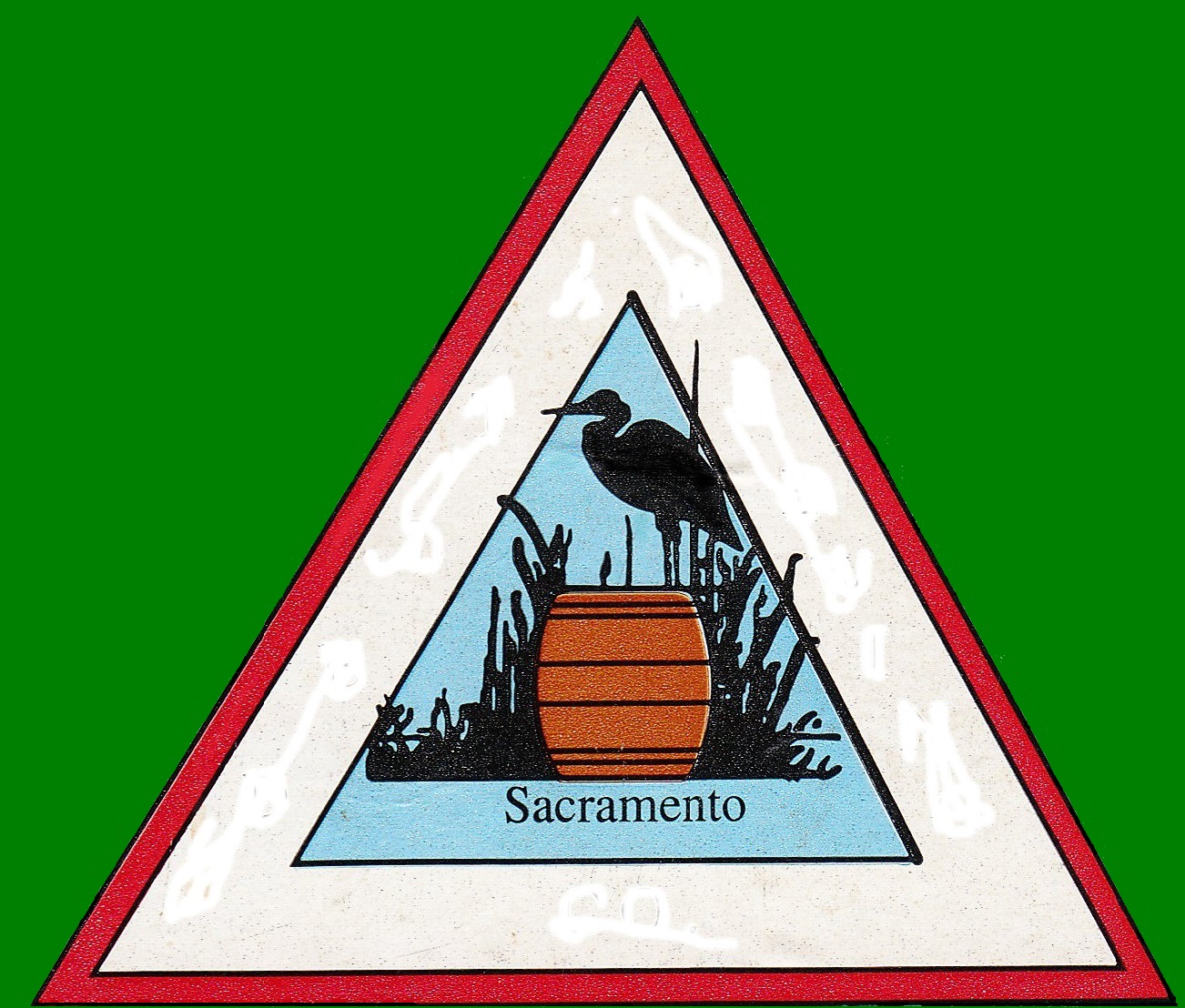Remember those Coors ads that we see on TV most any day? "made with pure rocky mountain spring water". Of course spring water isn't pure unless it's filtered. In fact the water contains a mineral profile that is unique to the area. Years ago when Olympia beer was one of the big ones here on the west coast part of their jingle was, 'it's the water-the water-the water-the water, that makes Olympia beer' and brewers both commercial and home brewers constantly strive to produce beer with a specific water profile; that is, mineral content in order to reproduce their favorite brew. One of the ingredients that has made the Burton breweries in England so successful is the mineral content of the water they use. Today in the home brewing industry we have what are called brewing salts. These are minerals that imitate specific water profiles from around the world and include such as Burton Salts, among others.
For the time being however, as a new brewer what you need to be concerned with is basic mineral content and removing unwanted chemicals from your water.
Get the chlorine out.
Most residential and commercial water sources have chlorine added for sterilization. Chlorine can not only add off flavors to your beer but can impede or even kill the yeast that produces the fermentation. One of the simplest ways to get most of the chlorine out of your water is to simply boil it for a while. There may be, however, other chemicals added to your local water in which case you may want to filter the water using an activated charcoal type filter; something that can be picked up from your local hardware or Home Depot store or you may already have a water pitcher that you use to filter your drinking water sitting on the kitchen counter or in the fridge. What ever technique you use, get the chlorine out.

Once the water is cleaned, there are some very basic mineral ingredients that can be added back into the water to help smooth out your beer.
These may include:
Gypsum
Calcium Carbonate
Sodium Chloride (salt)
and even Lactic Acid for those of you who may wish to produce something along the line of a Guinness Stout, and as stated above proprietary mineral blends such as Burton Salts.
Get a set of measuring spoons and measure carefully. It's better to add too little than too much.
